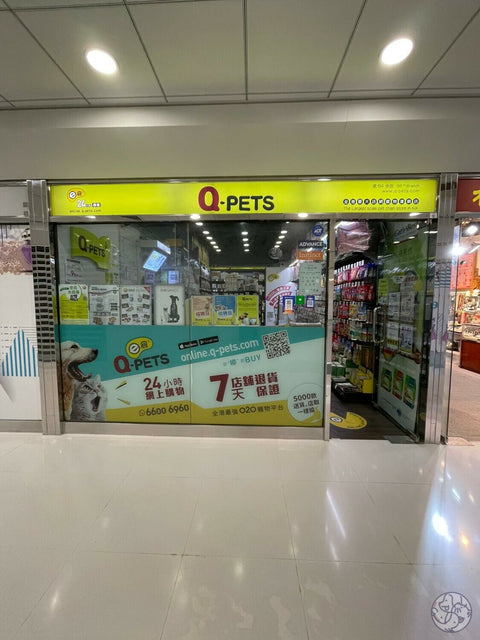In general Hong Kong is relatively safe for dogs and cats, but there are a few nasty issues to be aware of. The most significant of these is Tick Fever.
Tick Fever
This disease is somewhat similar to malaria, and occurs when an infected tick bites a dog and injects a parasite called Babesia. The parasite infects a dog's red blood cells, destroying the cells and resulting in anaemia (low blood levels), pale gums, tiredness, panting and very dark urine. Tick fever is very treatable, but can be life threatening if left unattended. Tick fever only affects dogs and is not a risk to cats or people.

Leptospirosis
Leptospirosis a rare but dangerous infection, and occurs when a dog drinks stagnant water, usually on the street or from a still pond or stream. It is a form of bacterial infection that causes severe kidney damage, and although treatable is very serious. Unfortunately Leptospirosis can be unpredicatble, not being seen for some time then springing up with many cases all at once. There is a vaccine for Leptospirosis which greatly helps reduce the risk of disease, but is not a complete guarantee of immunity.
Dogs in Hong Kong are usually vaccinated yearly with a combination (Distemper, Hepatitis, Parvovirus), Leptospirosis and Heartworm injections, and every three years for Rabies and dog licensing.

Heatstroke
Lastly, the summers in Hong Kong can get very hot. If you’re taking your dog out for a longer walk remember that heatstroke is a risk. A dog should be given a drink every 15 minutes and if you’re sweating pour some water on your dog’s back to help cool them off. Signs of heat stroke include severe panting, dazed or slow response, staggering and collapse. If you suspect your dog has heatstroke you should stop exercise immediately, pour water on them to cool off then get into a taxi. If it’s mild a good rest at home should be fine, but if you are concerned seek veterinary attention as soon as possible.
Fortunately for cats, there’s actually not too many risks in Hong Kong, and living an indoors apartment life means they’re actually much less at risk than the average cat back home. Cats need to have an annual combination F3 vaccine for Cat Flu and Panleukopaenia, and may be dewormed. Feline Leukaemia and FIV are very rare in Hong Kong and many people choose not to vaccinate for these diseases, especially if their cat is living indoors.



